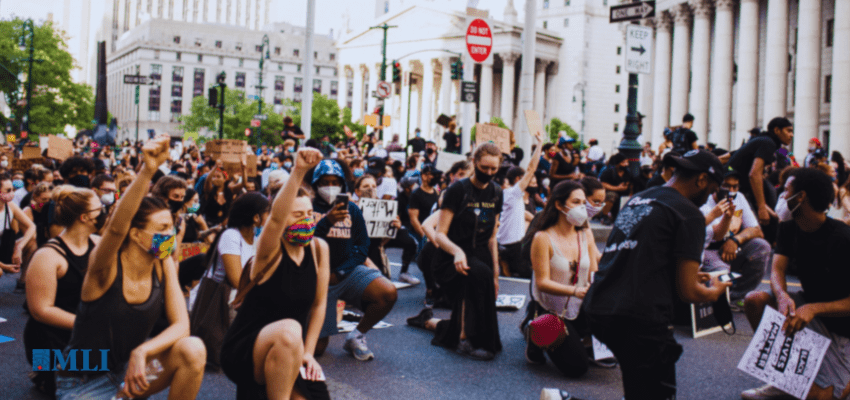This article originally appeared in the Times. Below is an excerpt from the article.
By Eric Kaufmann, June 17, 2024
We are all familiar now with the set of attitudes and behaviours that have come to be defined as “woke” — the dogmatic adherence to such ideas as decolonisation and trans rights, the subjecting of doubters to various tests of ideological purity and the deplatforming and cancelling of those who will not conform.
This belief system is strongest in educational institutions such as universities, schools and museums, as well as in the human resources departments of public bodies and corporations but it has the potential to become yet more powerful here.
Some observers regard woke as a passing fad. They point to American tech firms pruning their diversity, equity and inclusion (DEI) budgets, to the Cass Review’s indictment of transgender-affirming surgery and to declining media mentions of woke phrases such as “white privilege”. As a result, many conservatives and free-speech liberals think the tide is turning. They optimistically believe that we have passed “peak woke” and that the days of this new McCarthyism are numbered.
To which I say: not so fast. I have studied the cultural left academically for 30 years. My view is that it has deep roots and is hitting a peak of influence after rising consistently for more than a century. In my new book Taboo: How Making Race Sacred Produced a Cultural Revolution, I define woke as the holy status accorded to historically marginalised race, gender and sexual identity groups.
***TO READ THE FULL ARTICLE, VISIT THE TIMES HERE***






